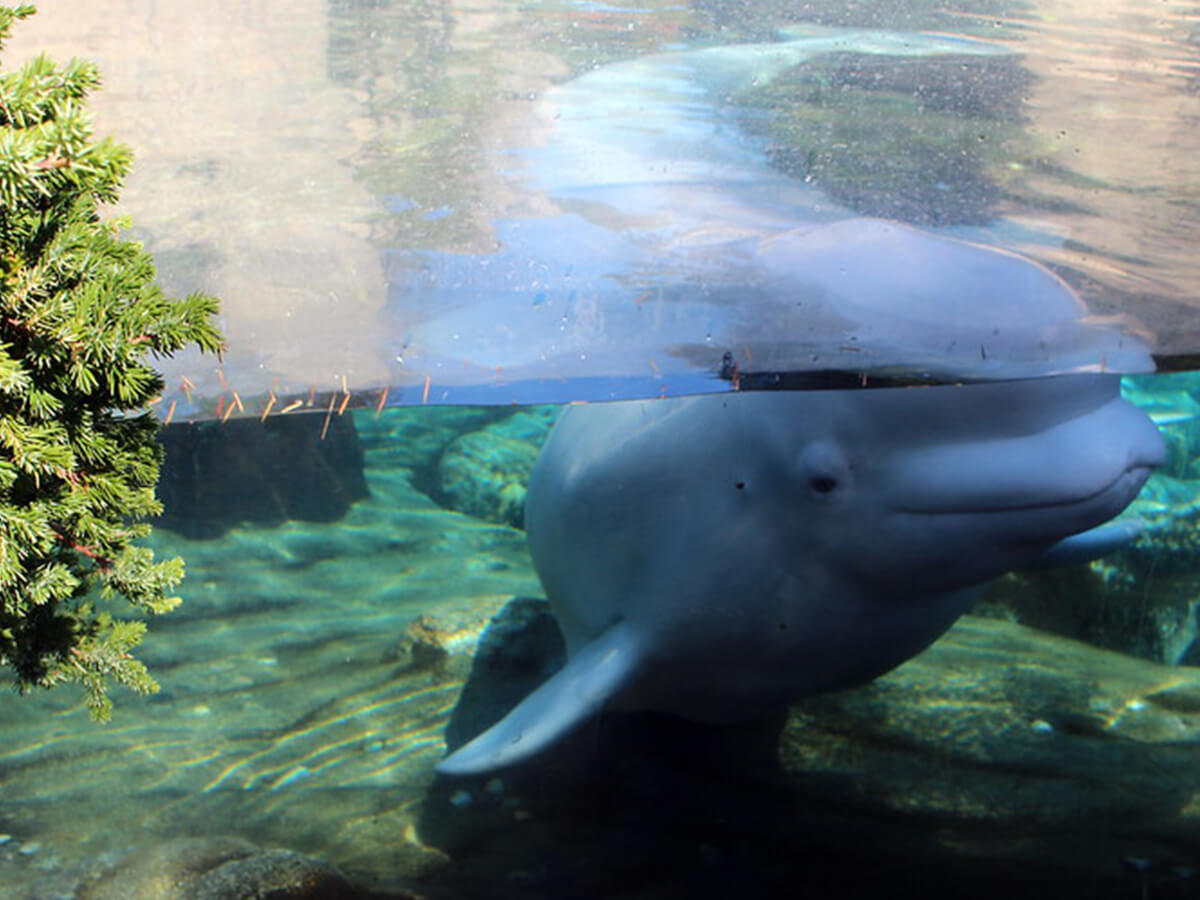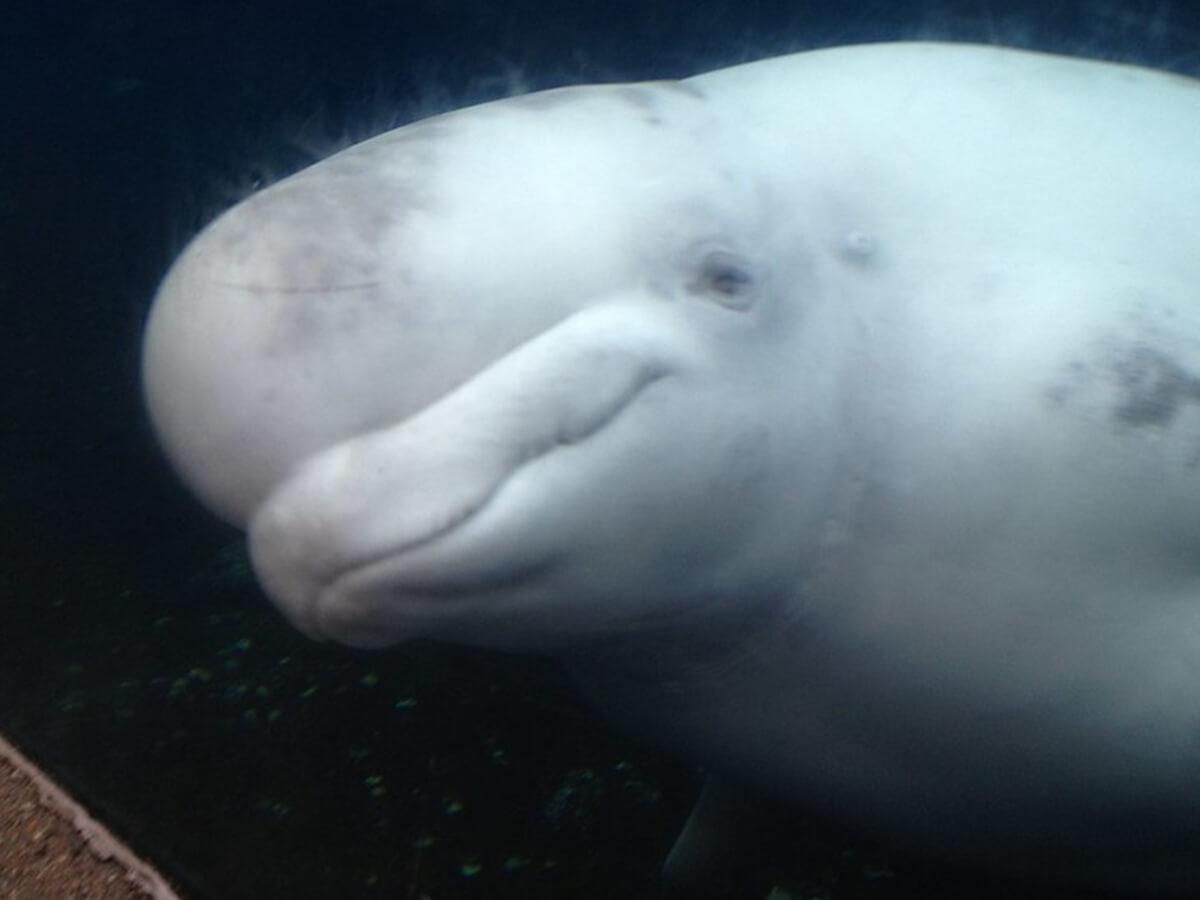Landmark Restrictions Placed on Mystic Aquarium's Beluga Import
Strong restrictions have been imposed on a permit that allows Mystic Aquarium to import beluga whales from Marineland, a facility so notorious it ranked #2 on our 10 Worst Tanks list. Though the restrictions could have gone further, it’s still a positive sign that U.S. governing agencies appear to be taking whale and dolphin cruelty more seriously.
In 2019, the Mystic Aquarium in Connecticut applied for an import permit from the National Marine Fisheries Service (NMFS) to acquire five beluga whales from Marineland. Mystic claimed this transfer was all about research, including studies on breeding and pregnant females. Since captivity can cause premature death for whales and dolphins, U.S. aquariums are constantly searching for ways to improve the dwindling genetic diversity of captive beluga populations.

Despite calls to deny the permit, the National Marine Fisheries Service (NMFS) approved the import. However the Service added some truly stunning landmark restrictions, including prohibiting the breeding of these belugas or training them for performances or interactive programs at the Aquarium.
Mystic will also need to get explicit approval from the Fisheries Service should it wish to transfer the whales to any other facility, and it must provide the Service with a contraceptive plan for the whales before they arrive at the Aquarium.
In the past, it has been all too easy for aquariums to claim “research” or “conservation” as the reasons for breeding whales and dolphins, and “education” as these animals are forced to perform mundane and unnatural tricks for audiences. But public sentiment about animal entertainment is changing, and as people become more aware of the cruelties inherent in captivity, aquariums are finally facing serious scrutiny from regulators and members of the public.
Please consider making a donation to support our advocacy efforts on behalf of belugas and other cetaceans.


